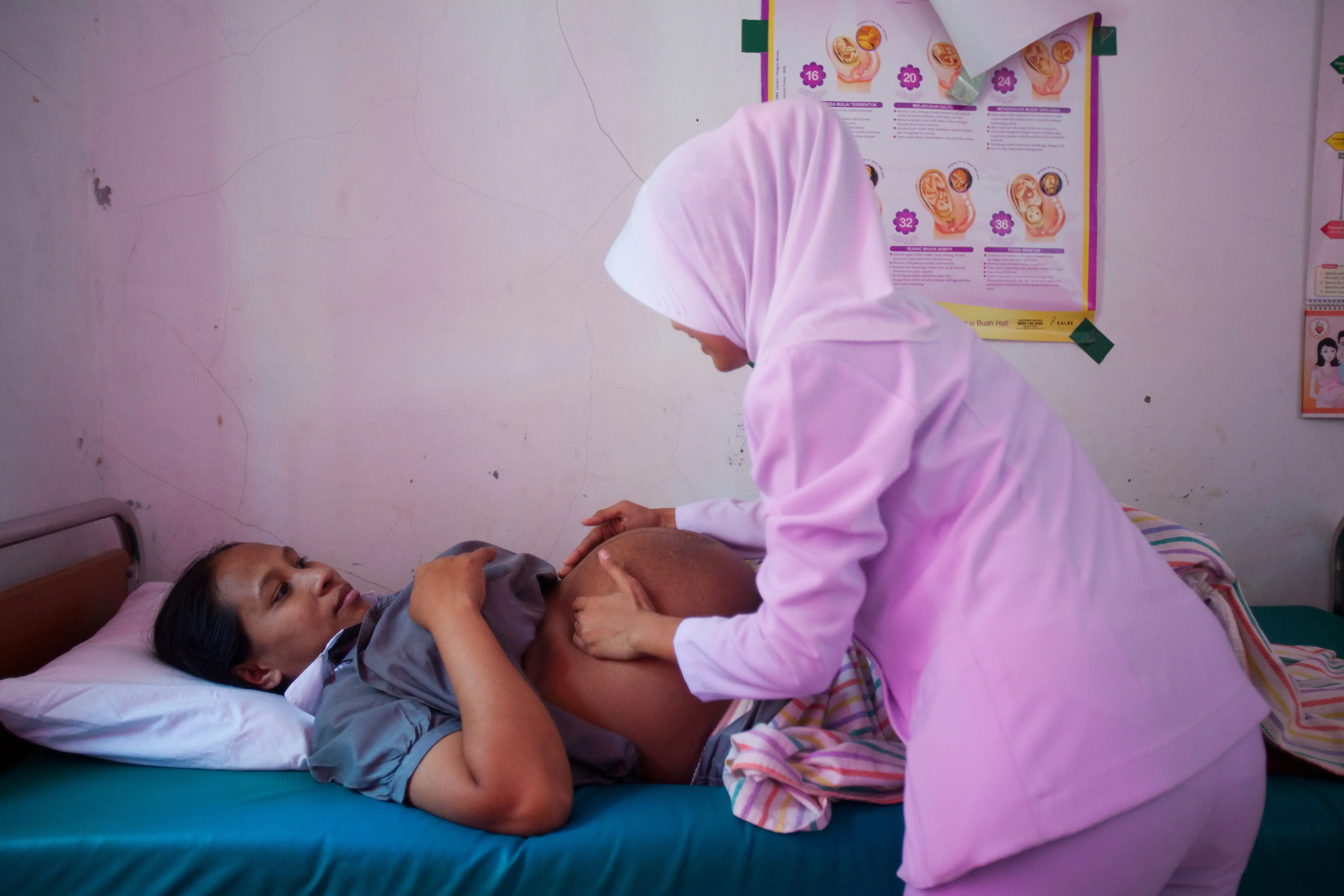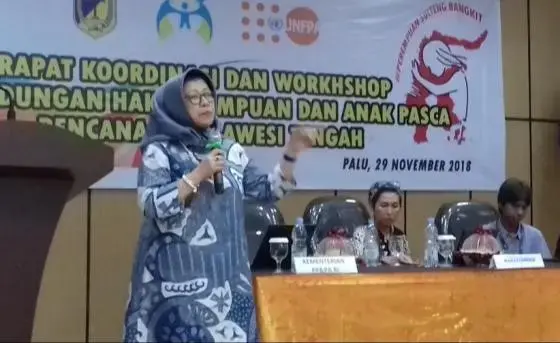Maternal mortality remains an issue for Indonesia with the country not meetings its MDG 5 target. Despite a high proportion of deliveries by skilled birth attendants, the Maternal Mortality Ratio (MMR) continues to be high.
Several studies have indicated the main factors associated with high maternal mortality include low quality of skilled birth attendance care, including low competencies of skilled birth attendants and the lack of access to functioning Comprehensive and Basic Emergency and Obstetric Care facilities. The Indonesia Demographic Health Survey report suggests socio-economic inequalities persist in the utilization of health services.
UNFPA continues its support to government in combating persistently high maternal mortality by providing evidence and advice for policies for improved quality of care and enhanced access, especially for marginalized populations.
UNFPA is providing technical support for strengthened midwifery education, regulation and research to improve the maternal health services by midwives.
- Development of the National Action Plan for Maternal and Neonatal Health (2015-2030) with 5 years (2015-2020) Costed Implementation Plan.
- Improving the quality of care by focusing its work on strengthening midwifery workforce, through support for midwifery education, regulation and association.
- Addressing the issues of data for maternal deaths.
- Testing the guidelines for maternal deaths surveillance and response in selected districts.



